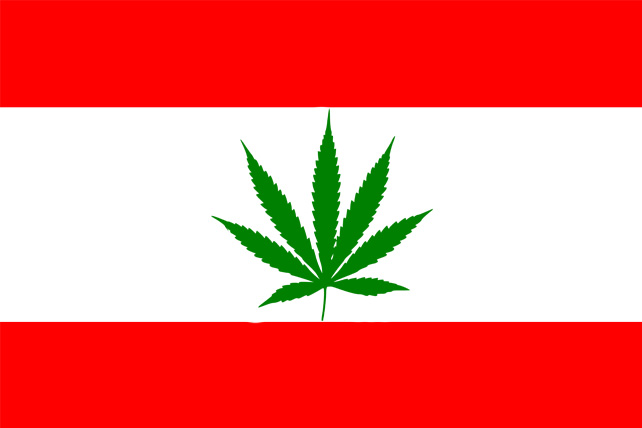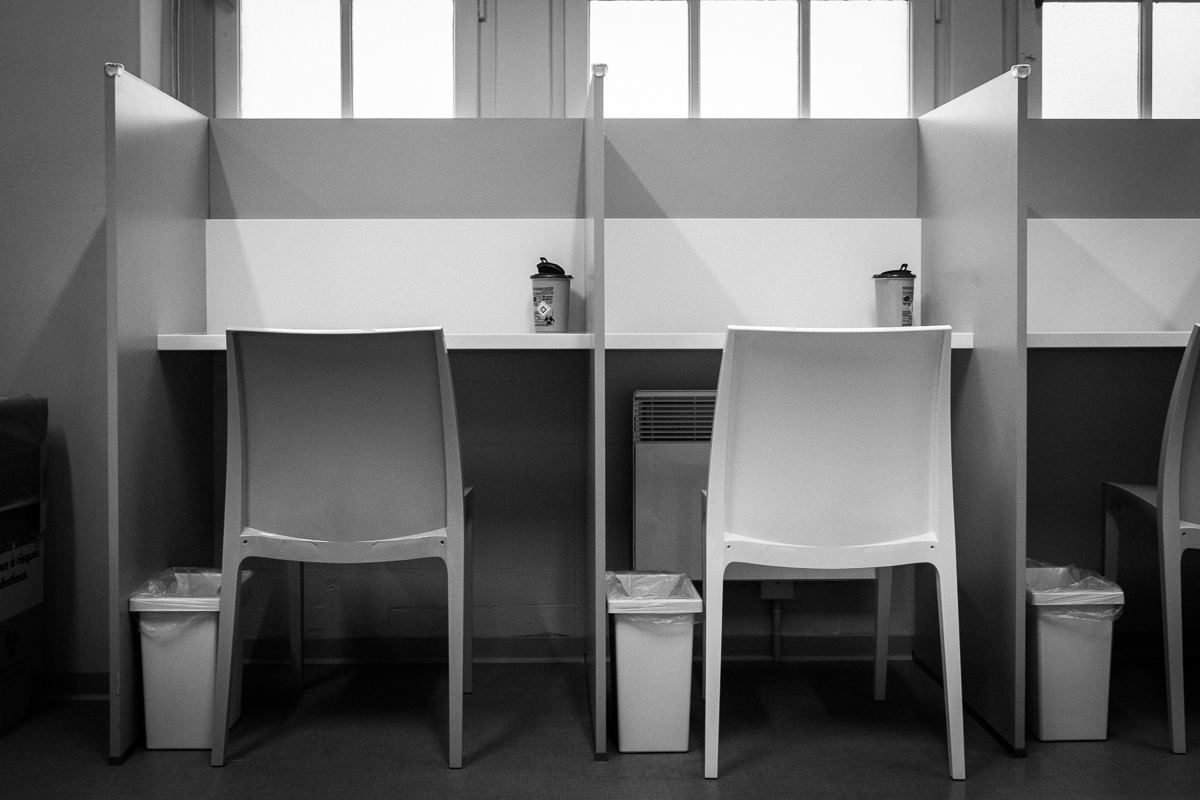The Lebanese parliament will review laws on medical cannabis cultivation and consumption with the intention of legalising it for financial benefits, one of the country's most senior politicians has said.
Nabih Berri, speaker of the House, said in late July that "Lebanon's parliament is preparing to study and adopt the necessary laws to legalise the growth and consumption of hash for medicinal purposes, like a number of European countries and some U.S. states [have done]".
If such legislation was approved, this would make Lebanon the first and only Arab country to legalise any aspect of the cannabis trade.
Berri’s announcement came days after the publishing of a report by consulting firm McKinsey & Company, who had been hired by the Lebanese government to propose growth-inducing policies. This report proposed "establishing areas to grow cannabis for medical purposes, within a comprehensive legal, regulatory framework," Trade and Economy Minister Raed Khoury said.
Currently, most people found in possession of illegal drugs in Lebanon will receive a prison sentence – regardless of the drug involved. According to Articles 127 and 130 of Law 673, anyone found in possession of an illegal drug for personal use will face at least two months’ imprisonment, and a fine of at least 1 million LBP ($660 USD), with certain exceptions.
However, existing legislation also entitles anyone who is found to be using drugs to enter a treatment programme, rather than be prosecuted – but only if they are approved to do so by the government-authorised Addictions Committee.
Despite cannabis production being illegal in Lebanon, the drug is grown in vast swathes of the Beqaa Valley in the east of the country. Production has boomed in recent years, as the Lebanese military – who have traditionally overseen crop destruction – are preoccupied with preventing spill over of the Syrian Civil War.
The newly-announced plans have received varied responses from the country’s politically and religiously diverse legislators.
According to Arab News, a Hezbollah MP criticised the plans on a moral basis, but did not reject it entirely:
“This country is neither the US nor the Netherlands—it is Lebanon. The ideas of the Dutch society are different from ours; they enjoy absolute freedom and know how to deal with it. As for us, should we legalise cannabis just because we are going through economic difficulties? So if we were looking for financial gains, should we legalise prostitution as well? Definitely not, and these things must be discussed at a religious level first and must be socially controlled.”
Walid Jumblatt – a well-known socialist politician who has long supported cannabis reform – indicated his support for legalisation, but slammed the manner in which the decision was made:
“I’m not going to read this bullshit report. I proposed this idea a long time ago. We did not need to pay a million dollars and a half [to McKinsey & Company] to achieve a conclusion that we can legalise cannabis.”
It is unclear when the parliament’s review of cannabis reform will begin.
Correction (Jul. 25): An earlier version of this article incorrectly described Lebanon as a "Muslim country".


